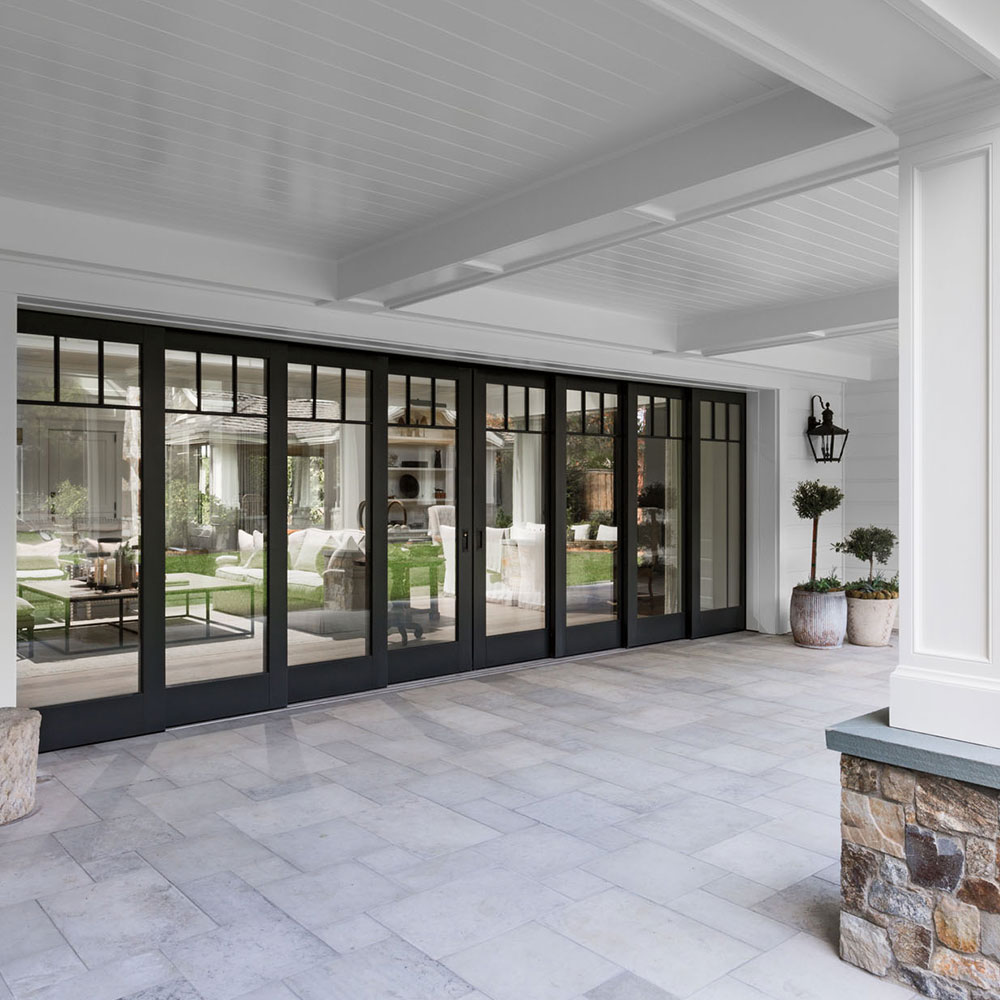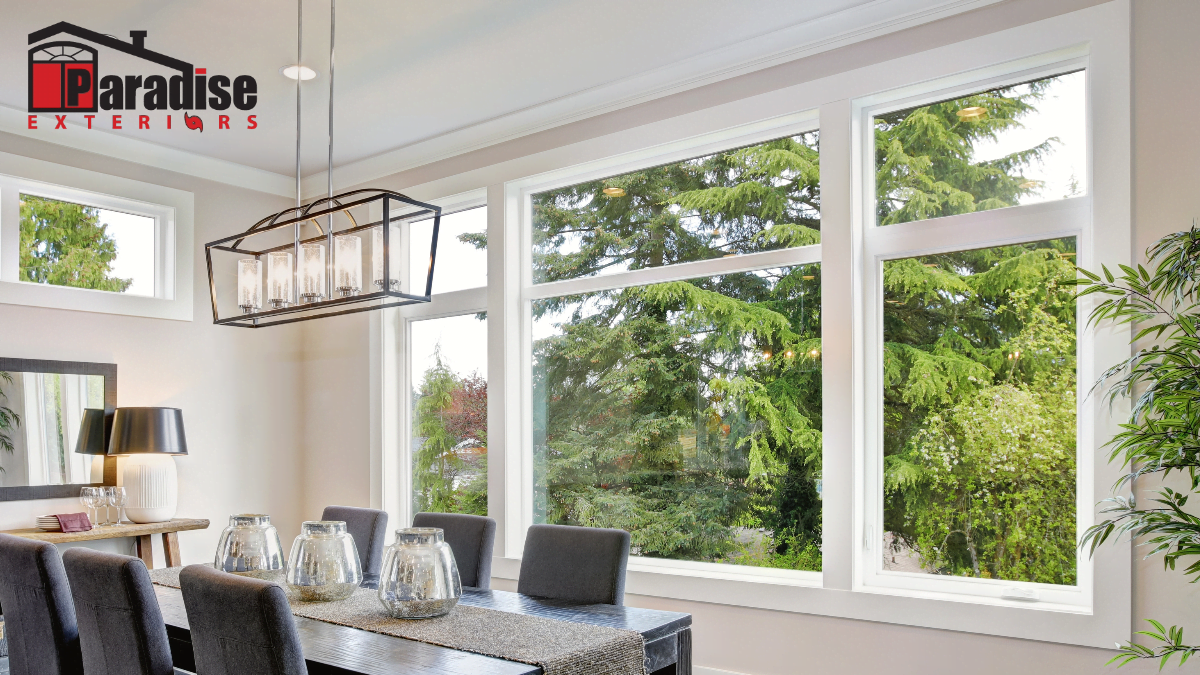Cypress Window Replacement Providers You Can Count On
Cypress Window Replacement Providers You Can Count On
Blog Article
Upgrade Your Home With Energy-Efficient Home Window Substitutes
In the realm of home enhancement, the decision to update to energy-efficient home window substitutes can substantially affect both the functionality and appearances of a house (Houston Pella windows). As house owners look for means to improve the effectiveness and sustainability of their living rooms, the selection of home windows plays a critical duty in accomplishing these objectives. Beyond the surface area level of plain visual appeals, energy-efficient windows use a wide variety of advantages that surpass plain curb appeal. With a mindful choice process that takes into consideration numerous variables, from glass kinds to installment techniques, beginning on this home upgrade trip can show to be a transformative endeavor.
Benefits of Energy-Efficient Windows

The setup of energy-efficient home windows gives considerable savings on utility expenses while boosting ecological sustainability. In addition, energy-efficient home windows can aid control dampness levels within the home, decreasing the threat of mold and mildew and mildew growth.
Beyond the financial benefits, energy-efficient windows contribute to ecological sustainability by decreasing carbon exhausts related to power production. By reducing energy use, these home windows assist reduce the ecological influence of home heating, air conditioning, and lighting residential spaces. This reduction in power intake plays a crucial function in combating environment change and promoting a greener future for generations to find. On the whole, purchasing energy-efficient windows not just boosts the comfort and performance of a home yet likewise aligns with environmentally conscious practices.
Kinds Of Energy-Efficient Glass
Numerous advanced kinds of energy-efficient glass deal unique residential or commercial properties that deal with different demands and preferences in boosting the sustainability and efficiency of structures. Low-emissivity (Low-E) glass is a popular choice designed to minimize the amount of ultraviolet and infrared light that can go through the glass, consequently decreasing heat transfer. This kind of glass helps maintain a constant interior temperature, lowering the need for home heating or cooling down systems, and ultimately decreasing power costs. Another cutting-edge choice is spectrally selective glass, which enables noticeable light to go through while obstructing particular kinds of infrared radiation. This aids in preserving a comfortable interior environment while decreasing heat gain. Triple-pane glass, containing 3 layers of glass with insulating gas in between them, supplies improved thermal insulation, making it highly energy-efficient. Furthermore, self-cleaning glass with a special finishing that damages down and loosens dirt when subjected to sunlight can lower upkeep requirements and keep windows looking clean. Each sort of energy-efficient glass uses unique advantages, enabling home owners to pick one of the most suitable alternative based upon their specific demands and objectives.
Factors to Take Into Consideration When Selecting
When pondering energy-efficient window substitutes, it is imperative to thoroughly evaluate details variables that line up with your sustainability goals and preferred energy savings. One important element to consider is the home window's power efficiency ratings, such as the U-factor and Solar Heat Gain Coefficient (SHGC) The U-factor actions how well the home window insulates, with reduced numbers suggesting better insulation, while the SHGC suggests the home window's capability to block warm from sunlight. In addition, the window framework product plays a significant role in power performance. next Materials like fiberglass, plastic, or wood with thermal breaks are outstanding choices for reducing heat transfer. One more crucial consideration is the home window design and positioning worrying sunshine exposure. Selecting the right home window design and tactically putting them can optimize natural light while decreasing heat gain or loss. Last but not least, installment quality is vital to making sure the windows do as intended. Proper installment aids prevent air leak, guaranteeing ideal power efficiency. By very carefully evaluating these factors, you can select energy-efficient home windows that improve comfort, lower energy costs, and benefit the environment.
Setup and Maintenance Tips

Routine maintenance is crucial to maintaining the performance of your energy-efficient home windows. Evaluate the home windows occasionally for any kind of indicators of sealant, damages, or wear deterioration. Tidy the frameworks, tracks, and glass on a regular basis using mild soap and water to remove dirt and grime that can impact efficiency. Examine the weather-stripping and seals for any kind of splits or spaces and change them if needed to maintain the home windows' power effectiveness.
In enhancement, lubricate relocating components such as hinges and locks to make sure smooth operation. By complying with these setup and upkeep ideas, you can boost the power performance of your home and extend the life expectancy of your energy-efficient windows.
Cost-Benefit Analysis of Upgrading

Energy-efficient windows are designed to reduce heat transfer, reducing the requirement for heating and cooling systems to burn the midnight oil. This can cause substantial financial savings on energy costs, particularly in areas with severe temperature levels. Furthermore, energy-efficient windows can boost the general worth of your home, making it a lot more eye-catching to prospective purchasers if you determine to you could try these out offer in the future.
When computing the cost-benefit analysis, consider the potential cost savings on energy expenses, any kind of available incentives or refunds, and the life-span of the home windows. While the first expense may be greater, the long-term cost savings and advantages of energy-efficient windows make them a wise investment for homeowners seeking to improve their residential or commercial property's power effectiveness and worth.

Verdict
Finally, updating to energy-efficient home window substitutes offers various advantages such as lowered power consumption, raised comfort, and price financial savings. By choosing the ideal sort of energy-efficient glass and thinking about elements like structure material and installment, property owners can make the most of the effectiveness of their home windows. Routine upkeep and correct installment are necessary for lasting performance. On the whole, the cost-benefit analysis of upgrading to energy-efficient windows reveals that the preliminary financial investment can cause substantial savings over time.
When considering energy-efficient window substitutes, it is critical to carefully analyze details variables that line up with your sustainability purposes and desired power financial savings. The U-factor procedures how well the window insulates, with lower numbers showing much better insulation, while the SHGC suggests the home window's ability to obstruct heat from sunlight. By meticulously assessing these variables, you can choose energy-efficient windows that enhance comfort, decrease power prices, and benefit the setting.
While energy-efficient windows may have a greater upfront price contrasted to standard home windows, the lasting advantages typically exceed the first financial investment.In final thought, updating to energy-efficient home window replacements provides many benefits such as reduced energy intake, raised convenience, and cost financial savings.
Report this page